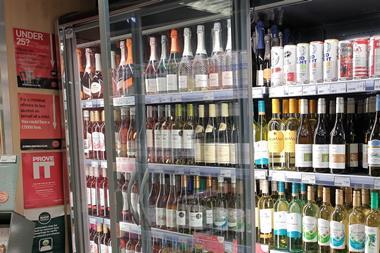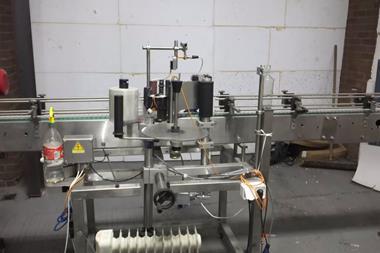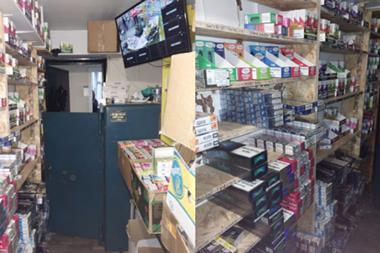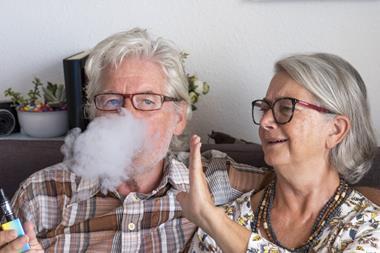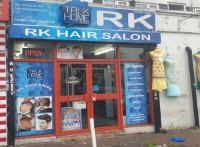Illicit vapes are ‘biggest concern’ for Trading Standards

Research carried out by the Chartered Trading Standards Institute has revealed that illicit vapes are causing the most concern for Trading Standards
ALREADY HAVE A REGISTERED USER ACCOUNT? PLEASE LOG IN HERE
To read the full story join the ConvenienceStore.co.uk community today!
Registration is quick and easy and provides access to:
- Unlimited ConvenienceStore.co.uk articles
- Our great range of newsletters
- Content you’ve saved for later via the ‘my library’ feature
And much more…




















